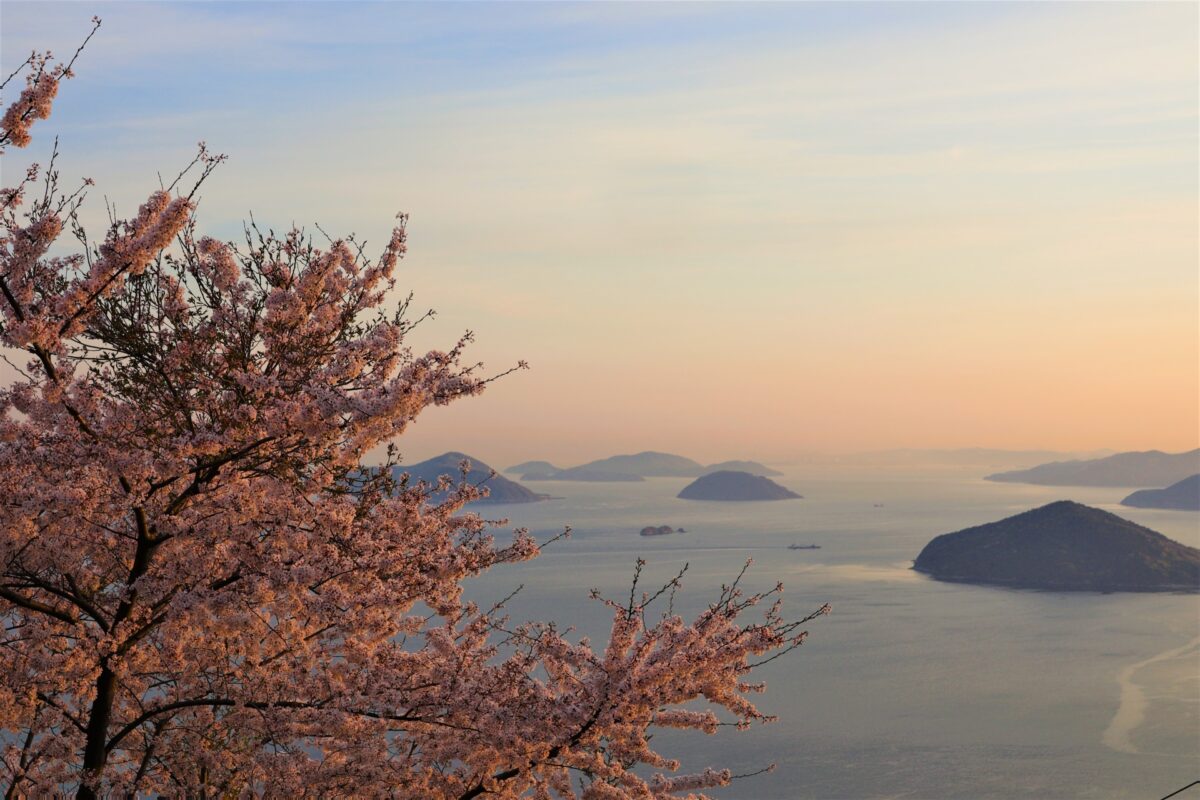Kagawa Prefecture’s hidden charm and history: Japan’s smallest prefecture offers the most heart-warming experiences!
- What is Kagawa Prefecture? The great charm of Japan’s smallest prefecture
- A heartwarming experience in Kagawa Prefecture, a deep dive into history and culture
- Recommended sightseeing plans and tips to enjoy Kagawa Prefecture to the fullest
- summary
- Historical buildings in Kagawa Prefecture selected by Kasumi
What is Kagawa Prefecture? The great charm of Japan’s smallest prefecture
First impressions of Kagawa Prefecture
Hello, I’m Kasumi, a travel web writer. I have traveled to all 47 prefectures in Japan so far, but Kagawa Prefecture is the one that sticks out in my mind. It is well known as Japan’s smallest prefecture, and I feel that its small size enhances the unique charm and history of the area.
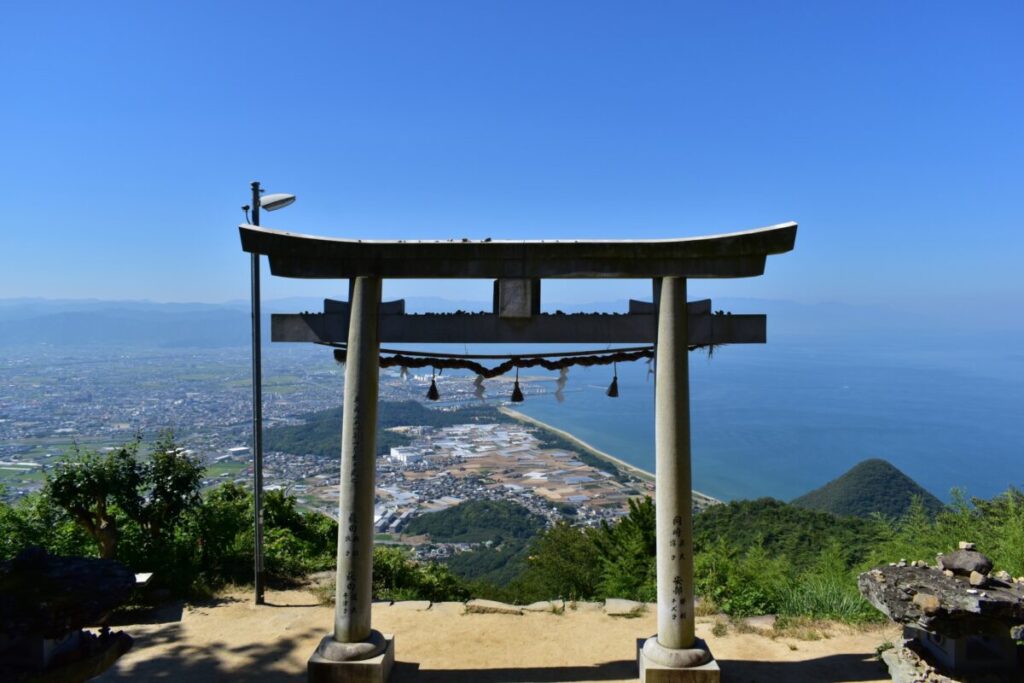
Geographical characteristics and their attractions
Kagawa Prefecture is located in the northeastern part of the Shikoku region and is the smallest prefecture in Japan. However, this small region is packed with its own unique culture and landscape. The coastline facing the Seto Inland Sea is particularly beautiful and is a popular tourist destination. For example, Tsuda no Matsubara is one of the 88 sacred sites in Shikoku, and is also known as a beach resort.
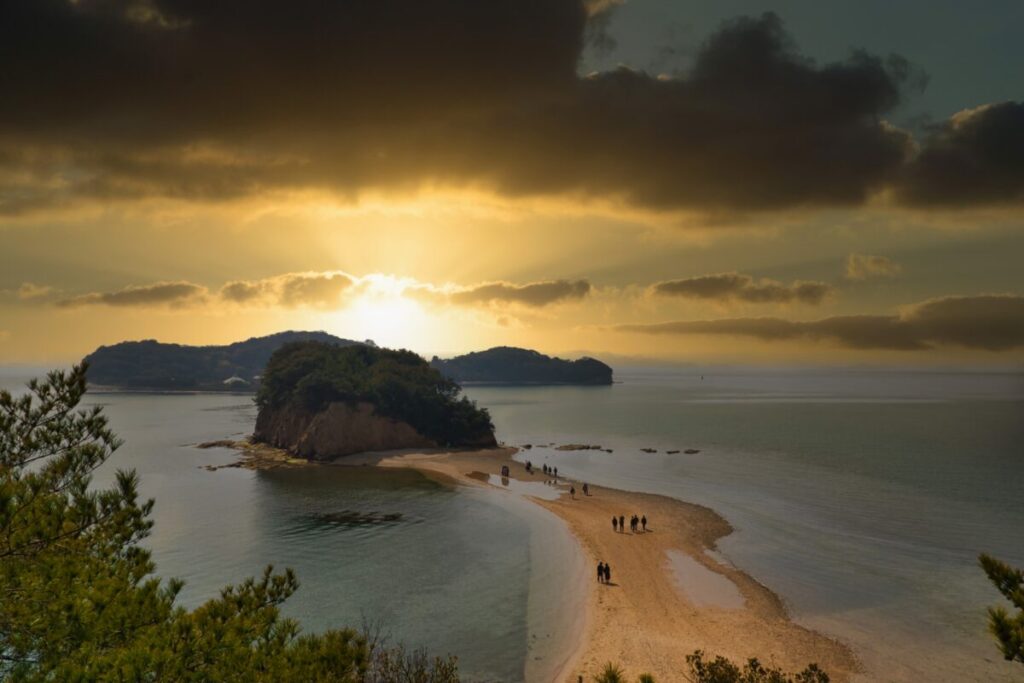
Kingdom of udon
When many people think of Kagawa Prefecture, it is udon. In fact, Kagawa Prefecture is so deeply rooted in udon culture that it is even called the “Udon Prefecture.” I also enjoyed local udon noodles at places like Marugame Seimen and Sanuki Seimenjo. What surprised me was that the average price for a bowl of udon was around 300 yen, which was very reasonable compared to other areas. Moreover, the taste is exquisite, and it is loved by locals and tourists alike.
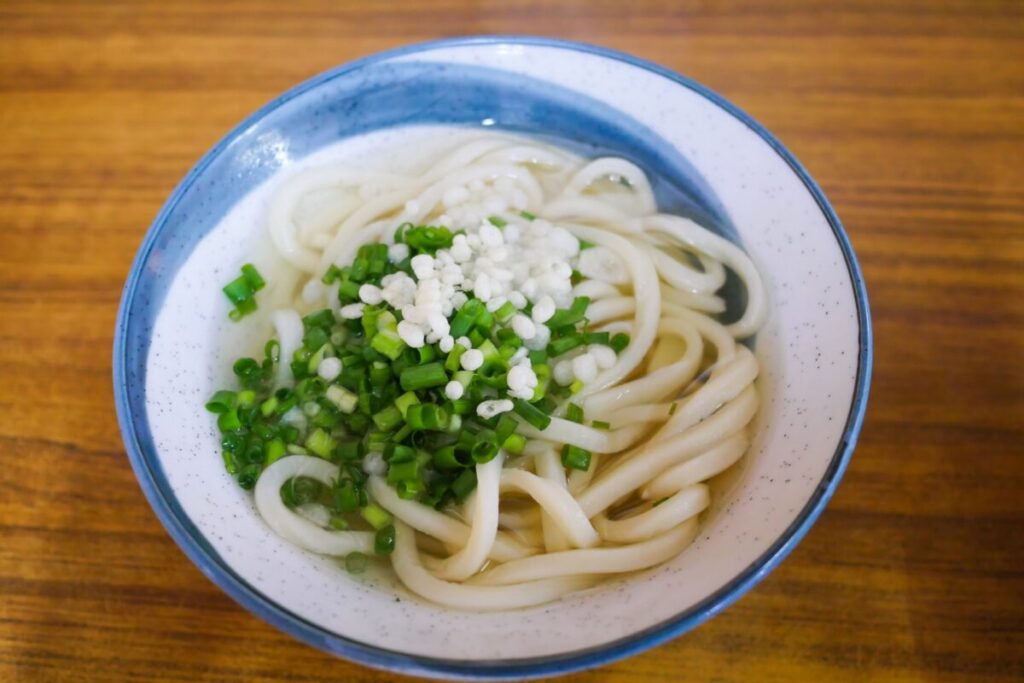
Digging deep into history and culture
Kagawa Prefecture has a very long history, dating back to the Kofun period. It is an important transportation hub connecting the Shikoku region with the Kinai region, and is dotted with many historical attractions. For example, Kompira Shrine was worshiped by merchants and sailors. Additionally, Marugame Castle is one of only 12 castles in Japan known as the “Twelve Existing Tenshu”, and is visited by many tourists due to its well-preserved condition.
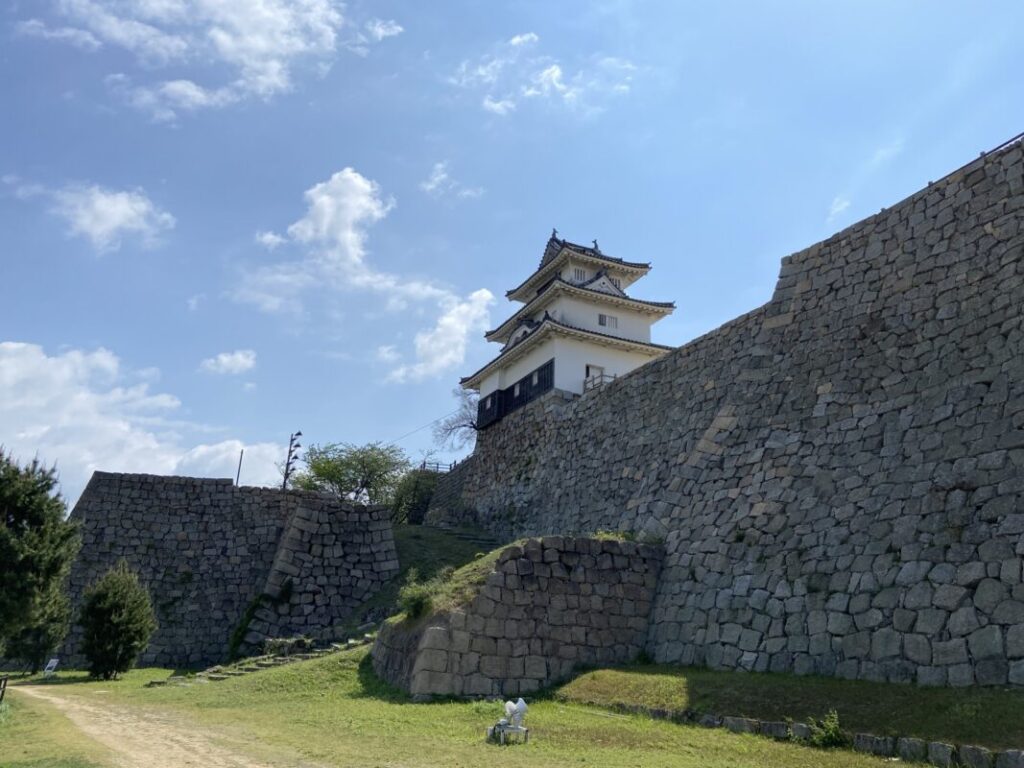
Attractiveness as a local industry
Kagawa Prefecture is rich in local industries, including olives and Sanuki cotton. Shodoshima is particularly popular for its olive production, and you can learn about the olive growing process at the Shodoshima Olive Garden. When I visited, I saw the olive oil manufacturing process and was amazed at the high quality of the olive oil.
Although Kagawa Prefecture is small, it is packed with many charms. Beautiful nature, rich history, unique culture, and the warmth of the people. These are intricately intertwined and attract visitors.
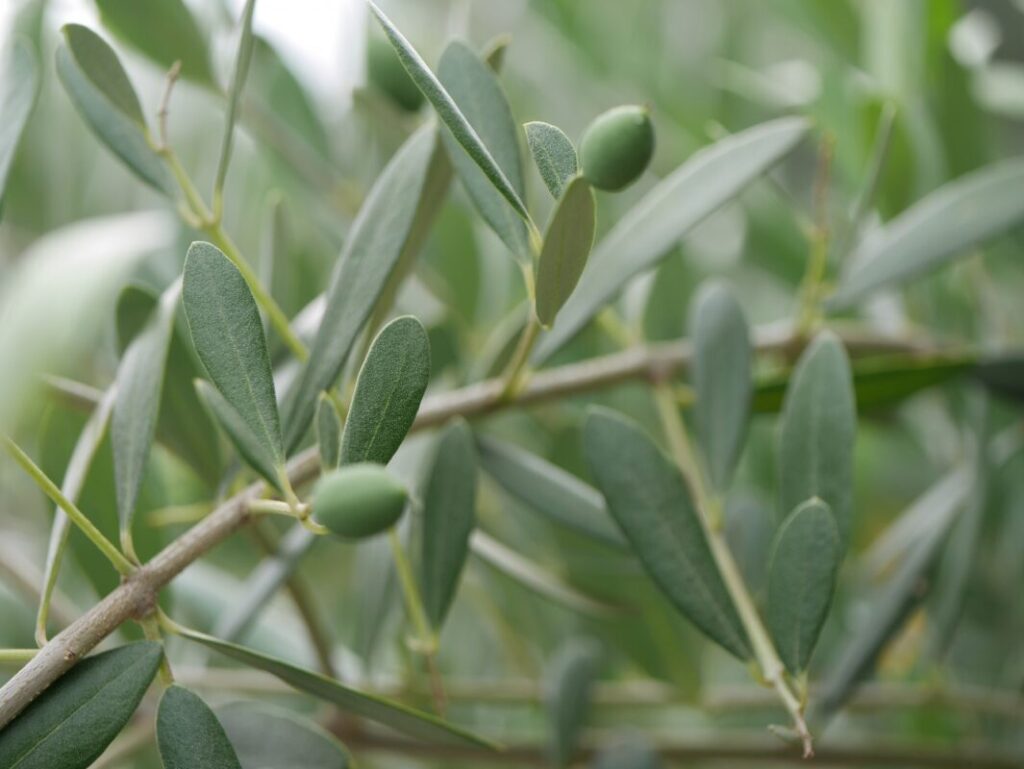
A heartwarming experience in Kagawa Prefecture, a deep dive into history and culture
Spectacular view experience on the Seto Inland Sea
My first experience in Kagawa Prefecture was the beautiful Seto Inland Sea. Specifically, we took a ferry from Takamatsu Port to Shodoshima. The Seto Inland Sea is truly charming with its calm waters and beautiful islands. Especially the moment when the sun went down was so beautiful that I can’t express it in words.
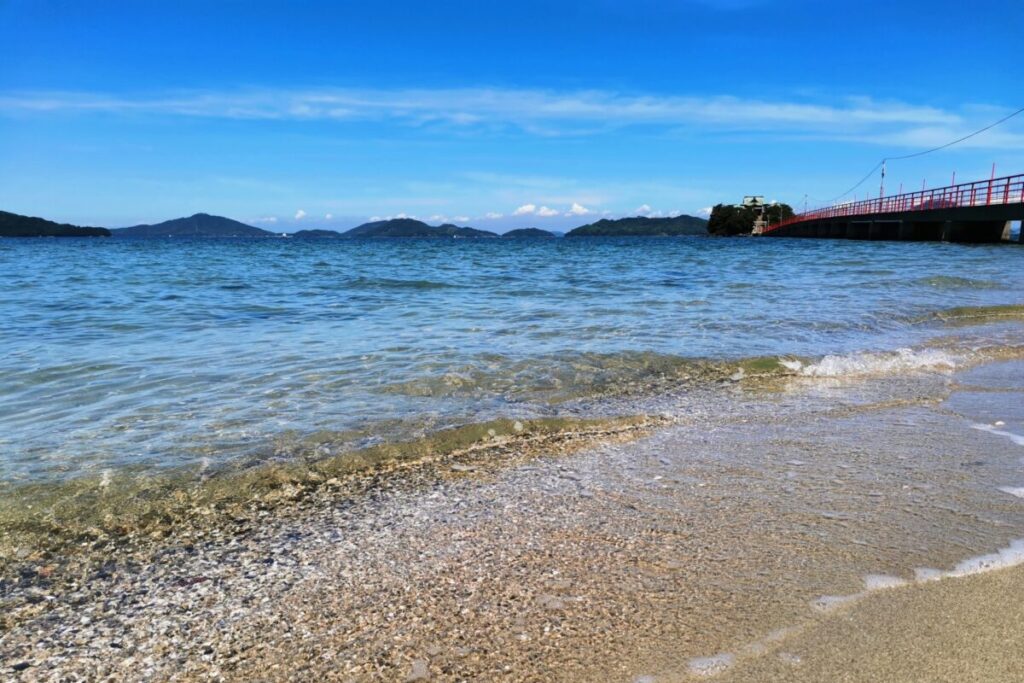
Marugame Castle and Japanese history
Marugame Castle, located in Marugame City, Kagawa Prefecture, is one of only 12 existing castles in Japan. The stone walls are especially beautiful, and the construction method attracts experts from all over Japan. I also visited the stone walls and castle tower of Marugame Castle and was deeply moved by their historical value. Thanks to the local volunteer guide who carefully explained the history of this castle, I was able to feel that it was more than just a tourist destination.
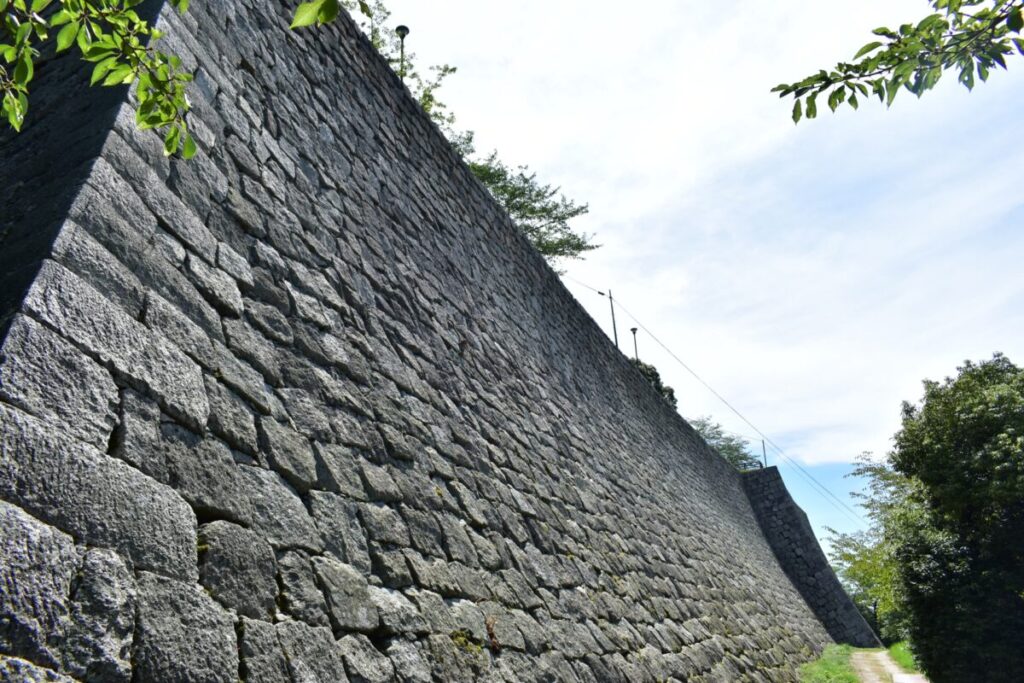
The religious culture of Kotohira Shrine
Kotohira Shrine, commonly known as “Konpira-san,” is a shrine that attracts a wide range of worship from merchants, sailors, and the general public. When I visited the shrine, I felt that many people were praying and making wishes. Particularly famous is the main shrine located at the top of the long stone stairs. The moment you reach the top of the 785 stone steps, you will feel a sense of accomplishment and the view from there is something special.
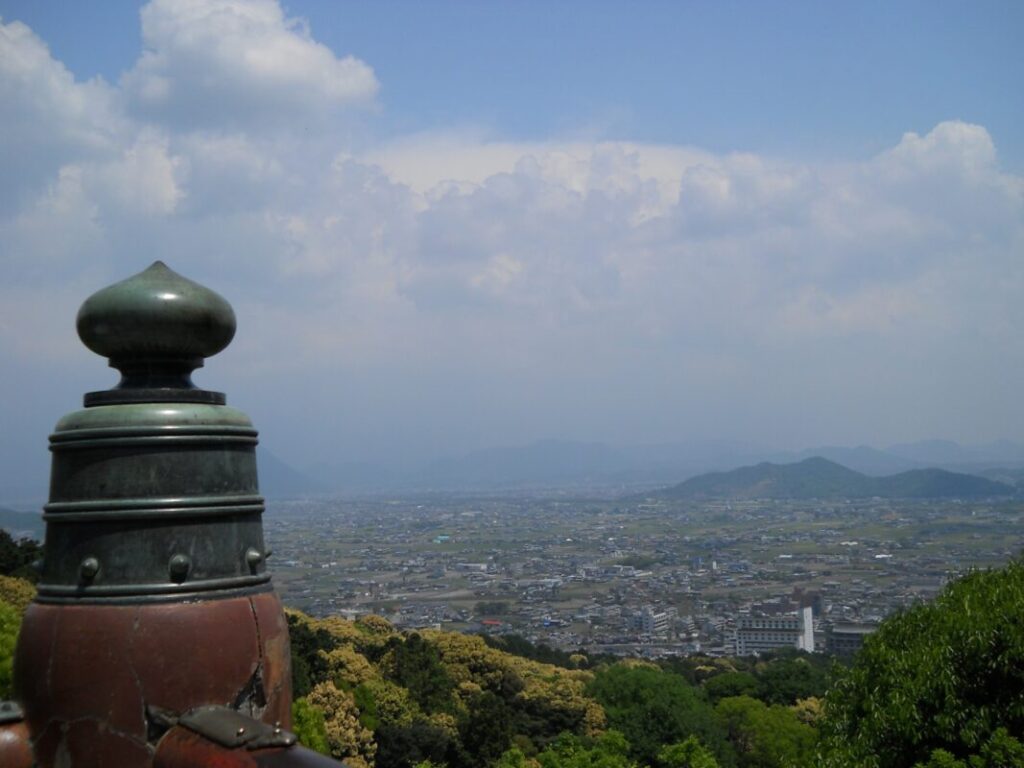
Sanuki udon tour and the story behind it
The thing I was most looking forward to was visiting the Sanuki udon noodles. There are approximately 700 udon shops in Kagawa Prefecture, and each shop offers its own unique recipe and flavor. My experience at Yamagoe Udon was particularly impressive. The moment I tasted the udon while watching the owner making the noodles himself was a moment of bliss that cannot be replaced by anything else.
In addition, the udon culture, which the locals take pride in, attracts many tourists to this area. According to statistics, it is said that over 2 million people visit Kagawa Prefecture throughout the year just for the udon tour.
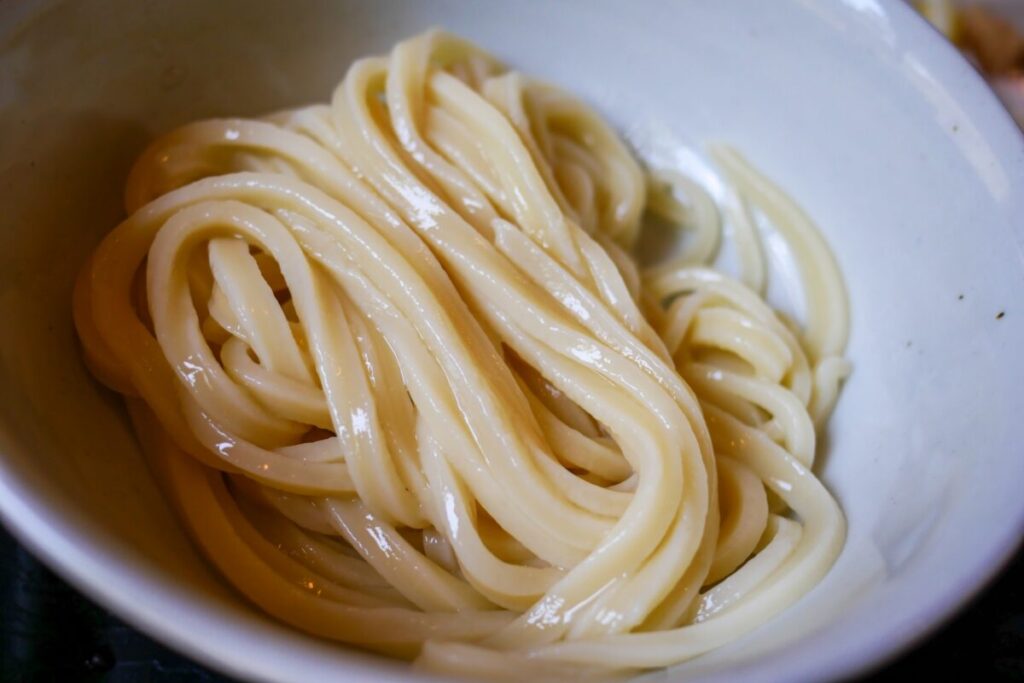
Olive as a local industry
The next thing I would like to touch on is Shodoshima’s thriving olive industry. I had an olive picking experience at Shodoshima Olive Garden. The olives have a unique flavor and quality that can only be tasted in Japan, and the olive oil that can only be purchased locally has many fans. In fact, this olive oil has won many awards at domestic and international contests, and its quality is world-class.
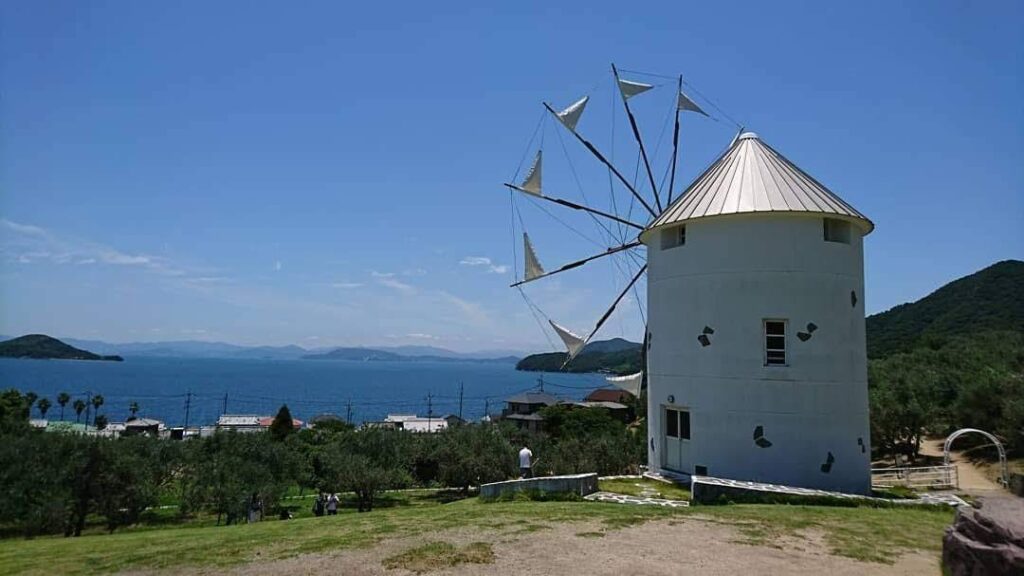
Recommended sightseeing plans and tips to enjoy Kagawa Prefecture to the fullest
Day 1: Explore Takamatsu city and surrounding area
We recommend exploring Takamatsu city and its surroundings on your first day. Ritsurin Park, near Takamatsu Port, is one of Japan’s top three gardens, and you can enjoy the scenery of each season. The Takamatsu Castle Ruins (Tamamo Park) is also a must-see spot.
Meal recommendations
For lunch, enjoy udon noodles at Ippuku, a local favorite. In the evening, we recommend enjoying fresh fish dishes at Uoshin.
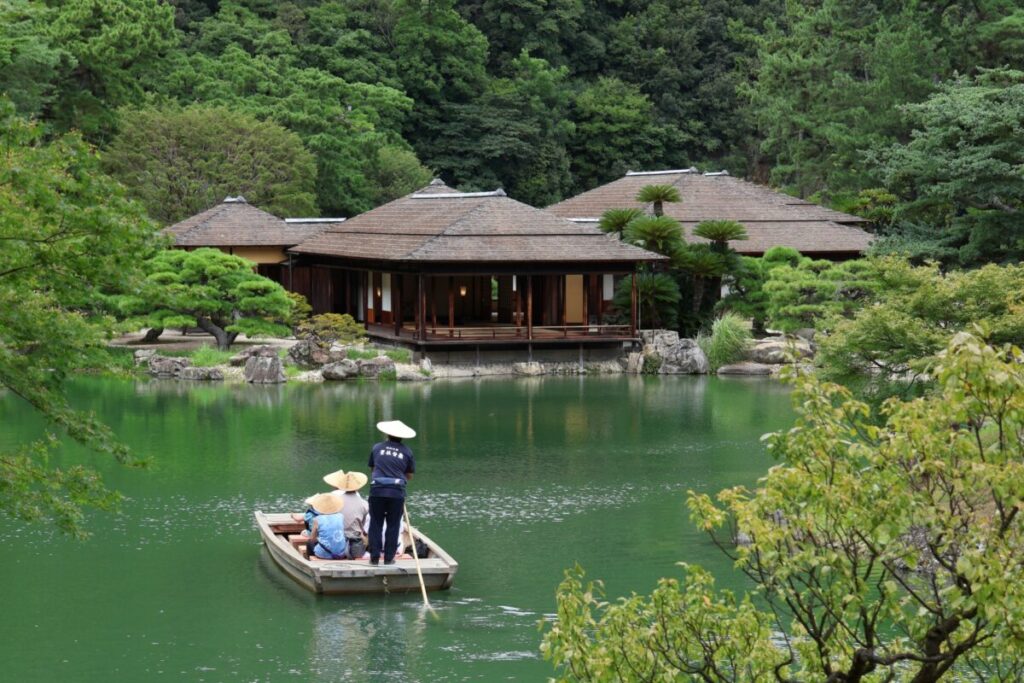
Day 2: Day trip to Shodoshima
Take the ferry from Takamatsu Port to Shodoshima. Here, you can try your hand at picking olives at Shodoshima Olive Garden. Then, enjoy dishes made with locally produced olive oil.
Meal recommendations
Please enjoy olive dishes at “Olive Tree”. In the evening, take the ferry back to Takamatsu.
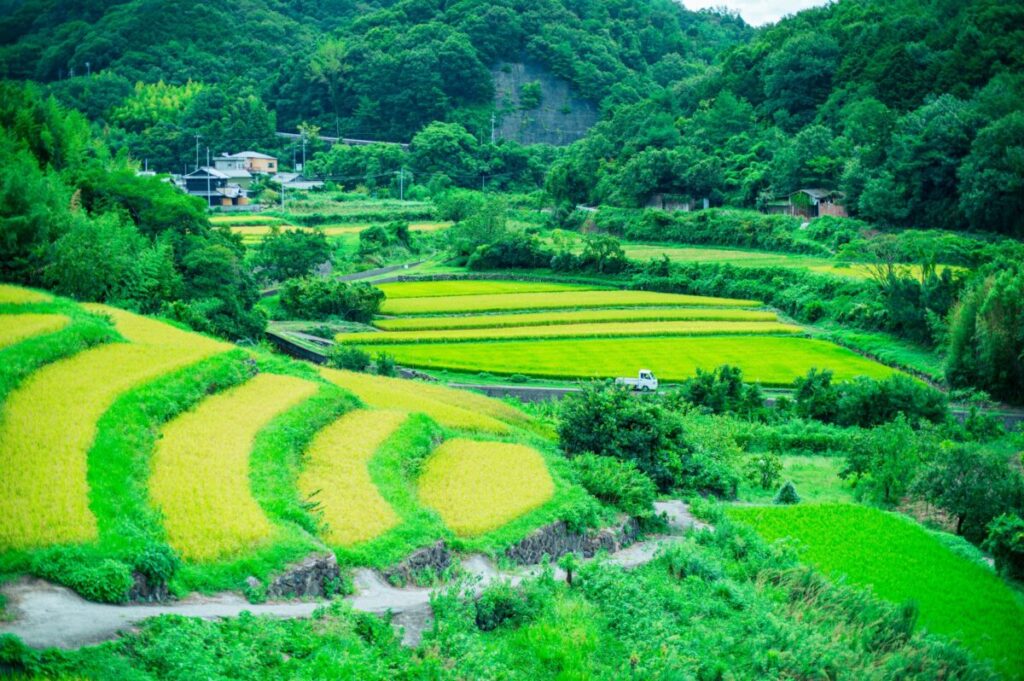
Day 3: Exploring history and culture
This is the day we visit Marugame Castle and Kompira Shrine. Admire the beautiful stone walls and historical background of Marugame Castle, and climb the 785 stone steps at Kotohira Shrine to enjoy the beautiful scenery and feel peace of mind.
Meal recommendations
Enjoy udon for lunch in Marugame City. There are many shops, but Marugame Seimen has a reputation for being reasonably priced and delicious.
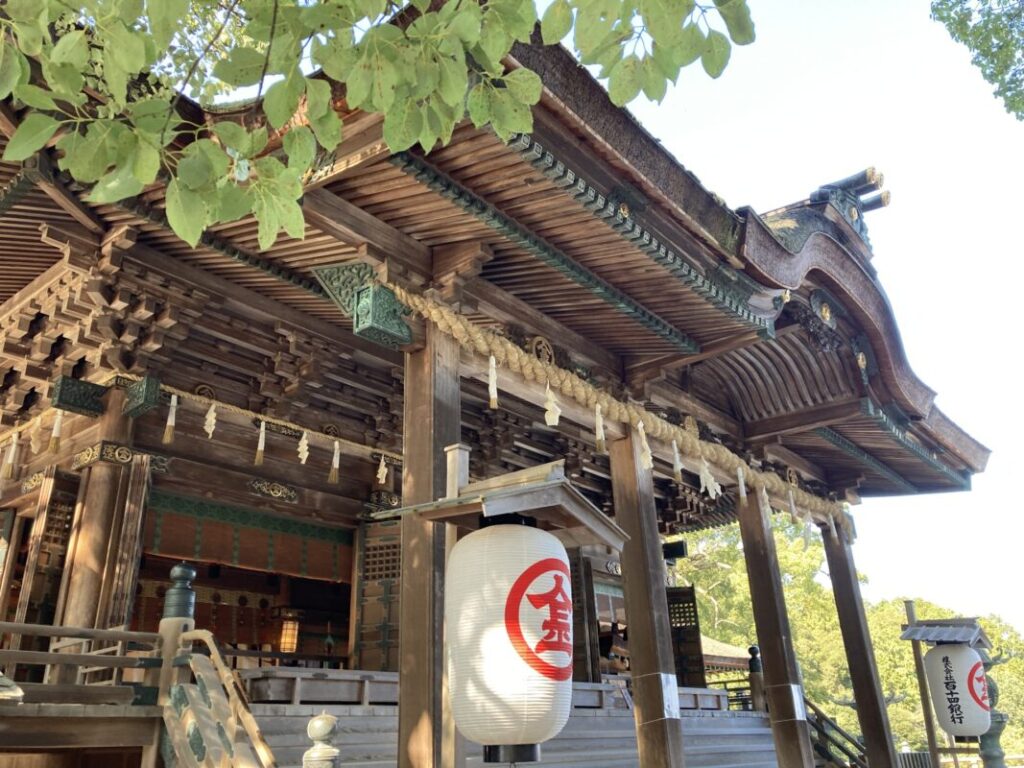
Travel tips: How to enjoy Kagawa Prefecture even more
1. Plan your trip with plenty of time: Although Kagawa Prefecture is small, there are many things to see, so be sure to plan your trip with plenty of time.
2. Communicate with the locals: The locals are very helpful and will recommend spots and places to eat.
3. Consider the season: Kagawa Prefecture has fun in every season, but the climate is especially pleasant in spring and fall.
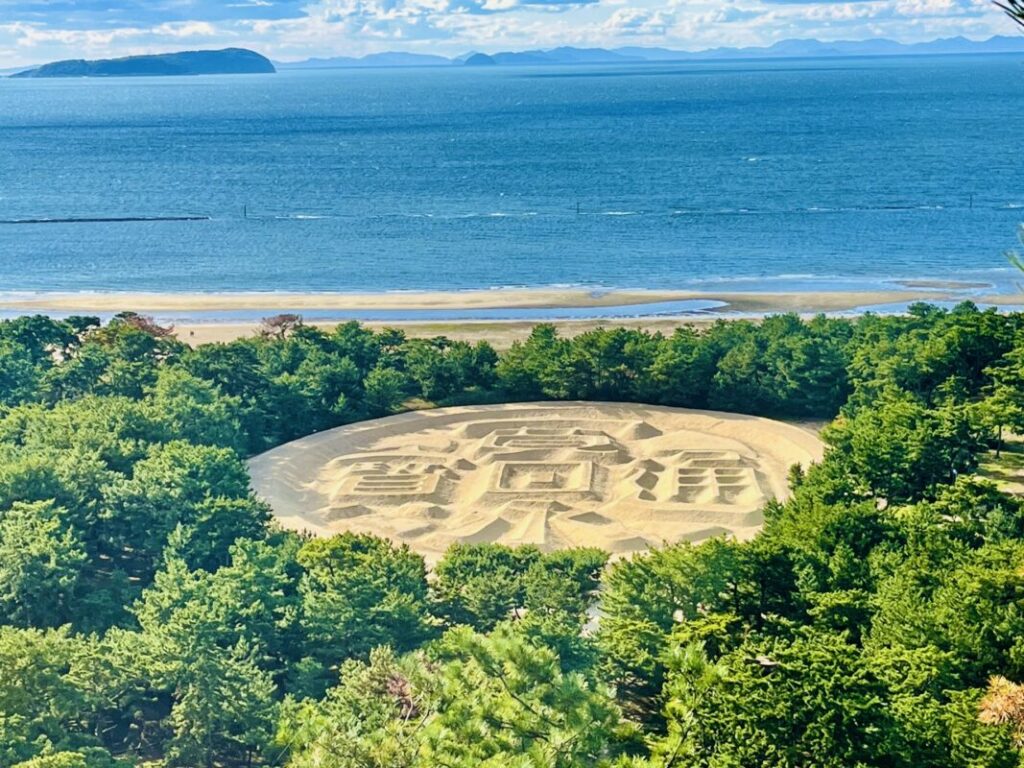
summary
This concludes our in-depth sightseeing guide to Kagawa Prefecture. This beautiful region is filled with countless charms and history. I personally gained many discoveries and impressions on this trip. Please come and find your own special moment in Kagawa Prefecture.
Thank you for reading. Please look forward to next time.
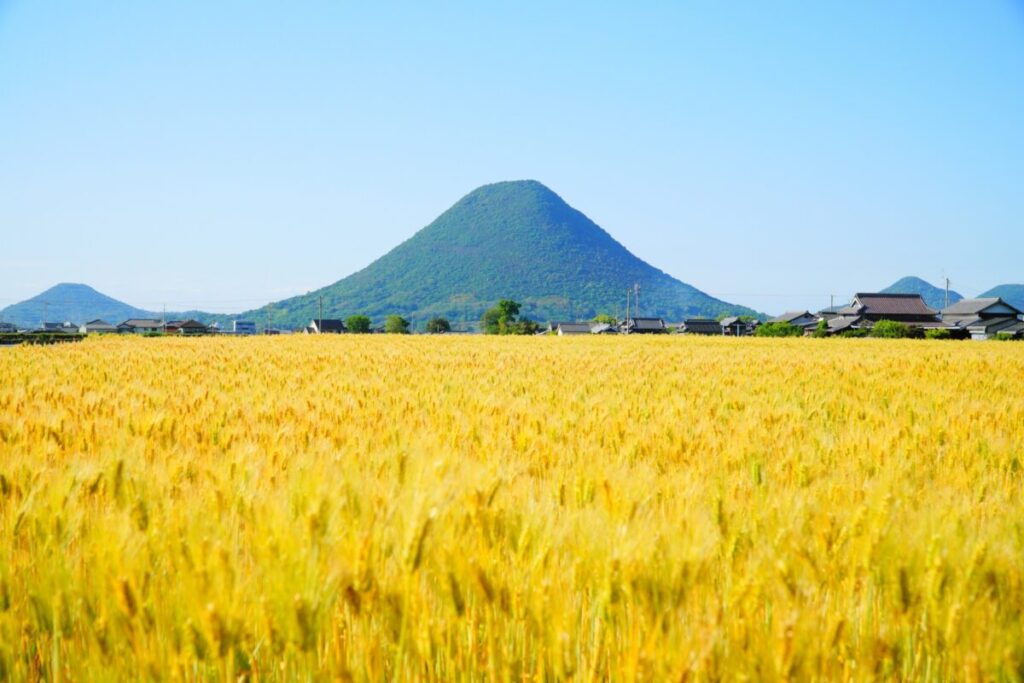
Historical buildings in Kagawa Prefecture selected by Kasumi
Kagawa Prefecture is not only blessed with natural beauty, but also with many historical buildings. Among them, we would like to introduce five historical buildings that left a particularly impressive impression on us. We will also add “Kasumi Points” to each of them and tell you about their appeal.
Marugame Castle (Marugame City)
Kasumi points:
This castle is one of the 12 existing castle towers and is known for its beautiful stone walls. Local volunteer guides will provide detailed explanations, making this a must-see for history buffs.
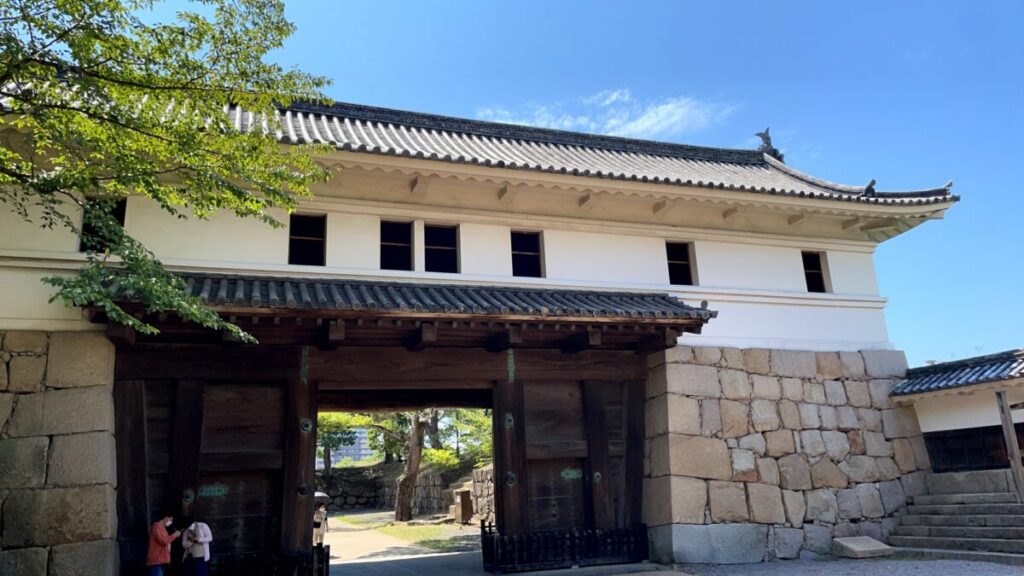
Busshozan Caves (Kannonji City)
Kasumi points:
The Busshozan Caves are dotted with caves that are said to have been built during the Nara period. It’s not only the history but also the mystical atmosphere that makes it so fascinating.
Kinkuraji Temple (Takamatsu City)
Kasumi points:
This temple is one of the 88 sacred sites in Shikoku, and its long history and cultural heritage remain strong. It is particularly crowded with people during the autumn foliage season.
Kotohira Kabukiza (Kotohira Town)
Kasumi points:
This Kabukiza is one of the oldest wooden Kabukiza theaters in Japan. It is used not only for Kabuki but also as a multipurpose event space. The space where history and modernity intertwine is attractive.
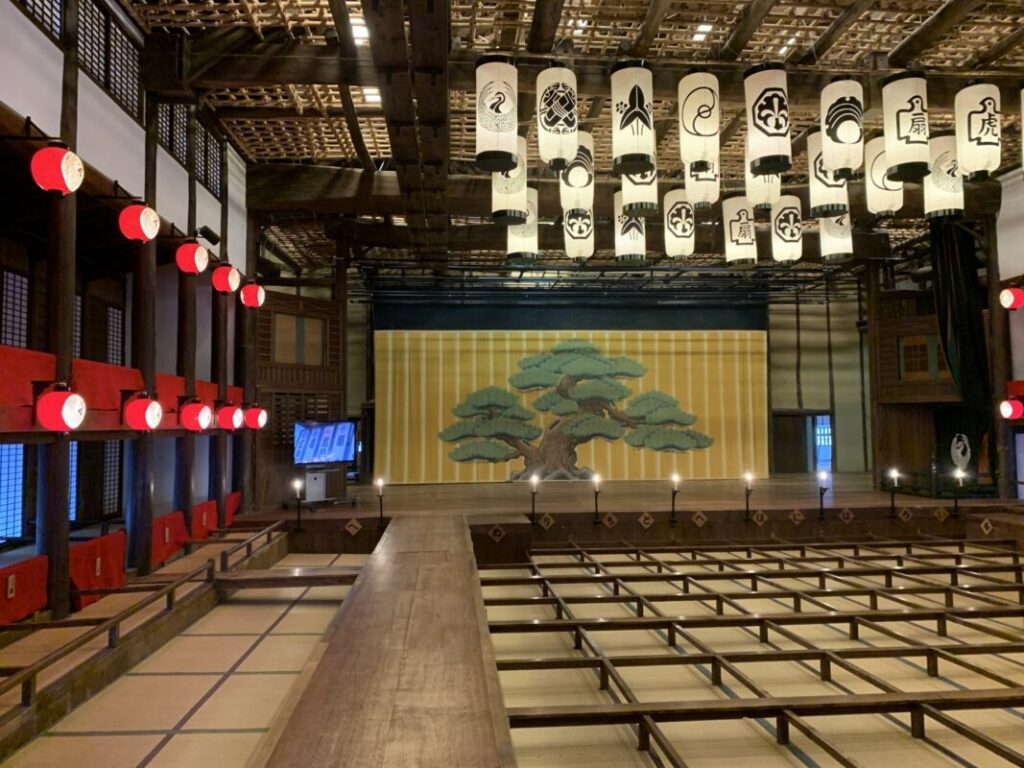
Hikita Tenmangu Shrine (Sanuki City)
Kasumi points:
This shrine is dedicated to the god of learning, Michizane Sugawara, and is visited by many students taking entrance exams every year. It is also valuable as a historical building, and the tower gate is especially beautiful.
These are the five historical buildings in Kagawa Prefecture that I, Kasumi, have selected. Please visit once to experience the unique charm and history of each.






